How Dehydration Impacts Your Sleep Quality
There are some affiliate links below, but they are all products I highly recommend. For more info, view my disclosure here.
Do you struggle to get a good night’s sleep? Dehydration may be the culprit.
We’ll explore how not drinking enough water can negatively affect your sleep quality. From disrupting your sleep patterns to causing restlessness, dehydration can have a significant impact on your ability to get the rest you need.
Discover the importance of staying hydrated and how it can improve your sleep.
The Importance of Hydration for Quality Sleep
If you want to improve your sleep quality, staying hydrated is crucial. When you don’t drink enough water throughout the day, your body can become dehydrated, which can negatively impact your sleep. Dehydration can lead to various sleep disruptions, such as difficulty falling asleep and frequent waking up during the night.
When you’re dehydrated, your body’s hormone balance is affected, including the hormone that regulates sleep called melatonin. This can make it harder for you to fall asleep and may result in a restless night. Dehydration can cause muscle cramps, which can be extremely uncomfortable and disrupt your sleep.
Moreover, being dehydrated can lead to dry mouth and nasal passages, which can cause snoring and even sleep apnea. These conditions can further disrupt your sleep and leave you feeling tired and groggy the next day.
To improve your sleep quality, make sure you drink enough water throughout the day. Aim to drink at least eight glasses of water daily, and even more if you engage in physical activity or are in a hot environment. Remember to listen to your body and drink when you feel thirsty.
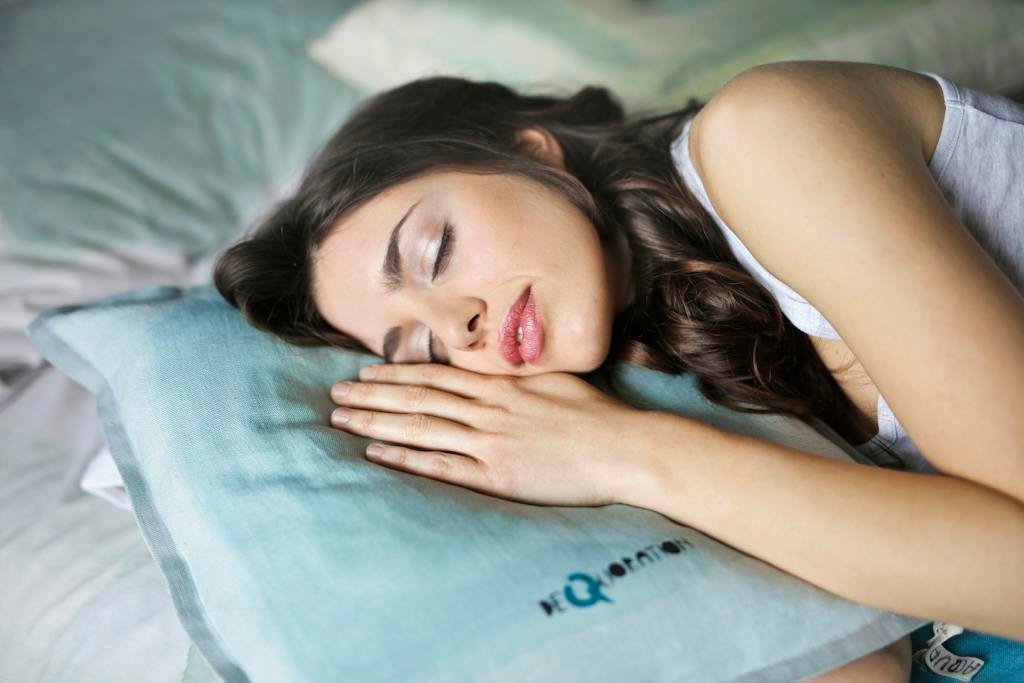
How Dehydration Affects Sleep Patterns
You’ll notice changes in your sleep patterns when you’re dehydrated. Dehydration can have a significant impact on the quality of your sleep, leaving you feeling restless and fatigued. One of the most common effects of dehydration on sleep is increased wakefulness during the night. When your body lacks adequate hydration, it can result in a dry mouth and throat, making it difficult to fall asleep and stay asleep. You may find yourself waking up multiple times throughout the night, disrupting the natural sleep cycle.
Dehydration can lead to increased feelings of fatigue and daytime sleepiness. This is because your body relies on water to carry out essential functions, including the regulation of body temperature and the transport of nutrients and oxygen to your cells. When you’re dehydrated, these processes are compromised, leading to a lack of energy and a feeling of exhaustion.
Furthermore, dehydration can also cause an increase in snoring and sleep apnea. When the body is dehydrated, the airways can become dry and irritated, making it more difficult for air to flow freely. This can result in snoring and, in some cases, even episodes of sleep apnea, where breathing is temporarily interrupted during sleep.
To ensure a good night’s sleep, it’s crucial to stay hydrated throughout the day. Remember to drink plenty of water, especially before bedtime. Avoid excessive caffeine and alcohol consumption, as these can contribute to dehydration. By maintaining proper hydration, you can improve your sleep quality and wake up feeling refreshed and energized.
Dehydration’s Impact on Sleep Duration
When you’re dehydrated, it can lead to shorter periods of sleep. Dehydration affects your sleep duration by disrupting the natural sleep-wake cycle. Your body relies on water to function properly, and when it doesn’t get enough, it can have negative effects on various bodily processes, including sleep.
One of the ways dehydration impacts your sleep is by causing you to wake up more frequently throughout the night. This can result in fragmented sleep, leaving you feeling tired and groggy the next day.
Dehydration can also lead to increased feelings of fatigue and daytime sleepiness, making it harder for you to stay awake and alert during the day.
It’s important to note that the impact of dehydration on sleep duration can vary from person to person, as factors such as age, overall health, and activity levels can influence how your body responds to dehydration.
To ensure better sleep quality and duration, it’s crucial to stay hydrated throughout the day by drinking an adequate amount of water.
Understanding the Role of Water in Sleep Regulation
To regulate your sleep, water plays a crucial role in maintaining a balanced sleep-wake cycle. Proper hydration is essential for your body to function optimally, and this includes ensuring a good night’s sleep. When you’re dehydrated, your body can experience various disruptions that can negatively impact your sleep quality.
For instance, dehydration can lead to dry mouth and nasal passages, making it difficult for you to breathe properly during sleep. This can lead to snoring and even sleep apnea, causing you to wake up frequently throughout the night.
Dehydration can affect your body’s ability to regulate its temperature, which is essential for a restful sleep. When you’re dehydrated, your body may struggle to cool down, leading to night sweats and discomfort.
Furthermore, dehydration can also contribute to muscle cramps and restless leg syndrome, making it harder for you to fall asleep and stay asleep.
To ensure you maintain a balanced sleep-wake cycle, make sure to drink enough water throughout the day and especially before bedtime. Staying hydrated can improve the quality and duration of your sleep, helping you wake up feeling refreshed and rejuvenated.
Dehydration and Sleep Disruptions
Maintaining proper hydration levels is crucial for a balanced sleep-wake cycle and can help prevent disruptions in your sleep. When you become dehydrated, your body loses more water than it takes in, leading to a range of negative effects on your overall health, including your sleep quality.
Dehydration can cause a decrease in the production of melatonin, a hormone that regulates sleep, making it harder for you to fall asleep and stay asleep throughout the night. Being dehydrated can increase the likelihood of experiencing muscle cramps, which can be extremely uncomfortable and disrupt your sleep.
Moreover, dehydration can also lead to dry mouth and nasal passages, making it difficult to breathe properly while sleeping. This can result in snoring, sleep apnea, and other breathing-related sleep disorders.
It’s important to drink enough water throughout the day to maintain proper hydration levels and promote a good night’s sleep. Remember, your body loses water continuously, so it’s essential to replenish it regularly to avoid the negative effects of dehydration on your sleep.
Dehydration’s Effect on Sleep Disorders
Staying adequately hydrated is crucial for avoiding disruptions in your sleep cycle and can help prevent the development of sleep disorders. When you don’t drink enough water, your body becomes dehydrated, which can have a negative impact on your sleep. Dehydration can contribute to the development of sleep disorders like insomnia and sleep apnea.
Insomnia is a sleep disorder characterized by difficulty falling or staying asleep. When you’re dehydrated, your body may struggle to regulate its temperature, leading to discomfort and making it harder to relax and fall asleep. Dehydration can cause muscle cramps and headaches, both of which can make it difficult to get a good night’s sleep.
Sleep apnea is another sleep disorder that can be affected by dehydration. In sleep apnea, your breathing is repeatedly interrupted during sleep. Dehydration can cause the airways to become dry and narrow, increasing the likelihood of airway blockages and disruptions in breathing. This can lead to snoring, gasping, and waking up frequently throughout the night.
To prevent the development of sleep disorders and ensure a good night’s sleep, make sure you drink plenty of water throughout the day. Aim to consume at least 8 cups of water daily and avoid excessive caffeine and alcohol, as they can contribute to dehydration. By staying hydrated, you can improve your sleep quality and overall well-being.
The Connection Between Dehydration and Restlessness
Now let’s dive into the connection between dehydration and restlessness.
Have you ever experienced a night where you just couldn’t seem to get comfortable? Maybe you tossed and turned, unable to find a peaceful position to drift off into dreamland. Well, dehydration might be to blame for your restlessness.
When your body lacks enough water, it can lead to a range of symptoms, including feelings of restlessness. You see, water plays a crucial role in regulating our body temperature. When you’re dehydrated, your body struggles to cool down properly, making you feel restless and uncomfortable.
Furthermore, dehydration can also cause muscle cramps and spasms, which can contribute to restlessness during sleep. These cramps can occur in various parts of your body, such as your legs, causing discomfort and interrupting your restful slumber.
So, if you find yourself feeling restless at night, it might be worth considering if you’re drinking enough water throughout the day. Remember to stay hydrated by sipping on water regularly and avoiding excessive caffeine and alcohol, as they can dehydrate you even further.
Tips for Staying Hydrated to Improve Sleep Quality
Are you aware that drinking enough water throughout the day can greatly improve your ability to fall asleep and stay asleep? Staying hydrated is crucial for maintaining optimal sleep quality. When you’re dehydrated, your body struggles to regulate its internal temperature, leading to discomfort and restlessness during the night.
To ensure you stay hydrated and promote better sleep, here are some tips to follow.
Make it a habit to drink water regularly throughout the day. Carry a water bottle with you wherever you go, and aim to consume at least eight glasses of water per day.
Try to limit your intake of caffeine and alcohol, as they can have a diuretic effect, causing increased urination and potential dehydration.
Furthermore, consider incorporating water-rich foods into your diet. Fruits and vegetables such as watermelon, cucumber, and oranges aren’t only delicious but also help to hydrate your body. Snacking on these foods can be a refreshing way to stay hydrated and improve your sleep quality.
Lastly, pay attention to your body’s signals of thirst. If you feel thirsty, it’s a clear indication that you need to drink more water. Remember, staying hydrated isn’t only important for your overall health but also plays a significant role in promoting better sleep.

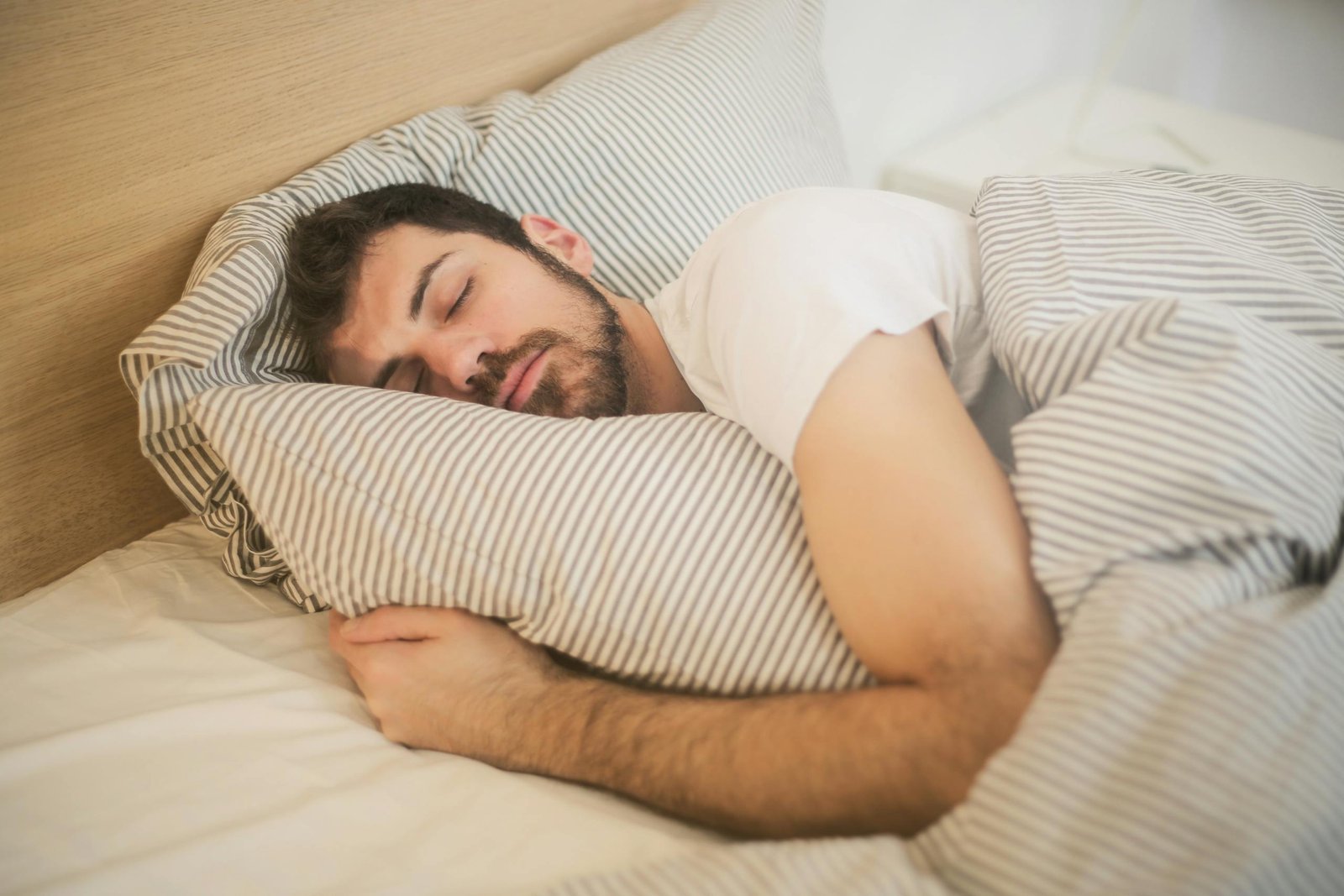
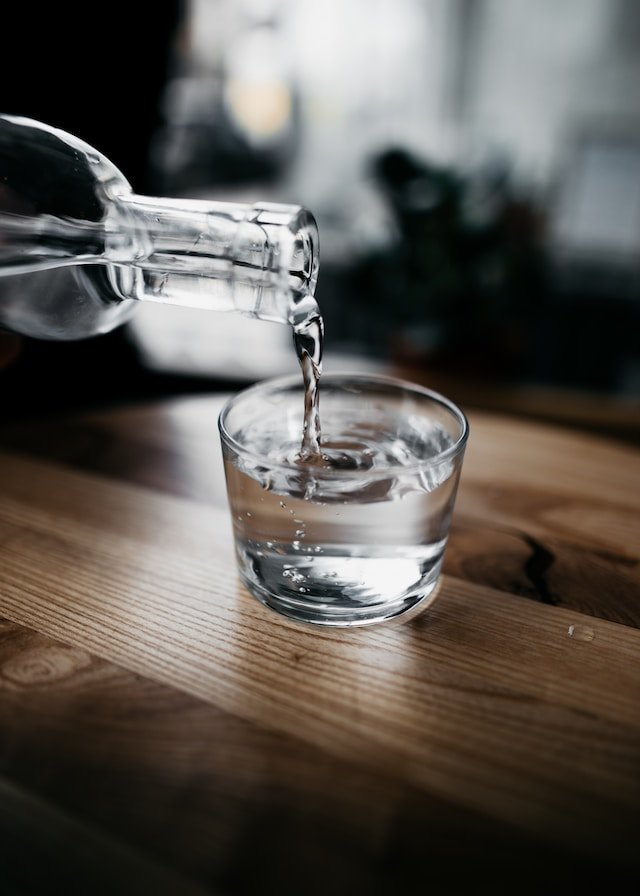
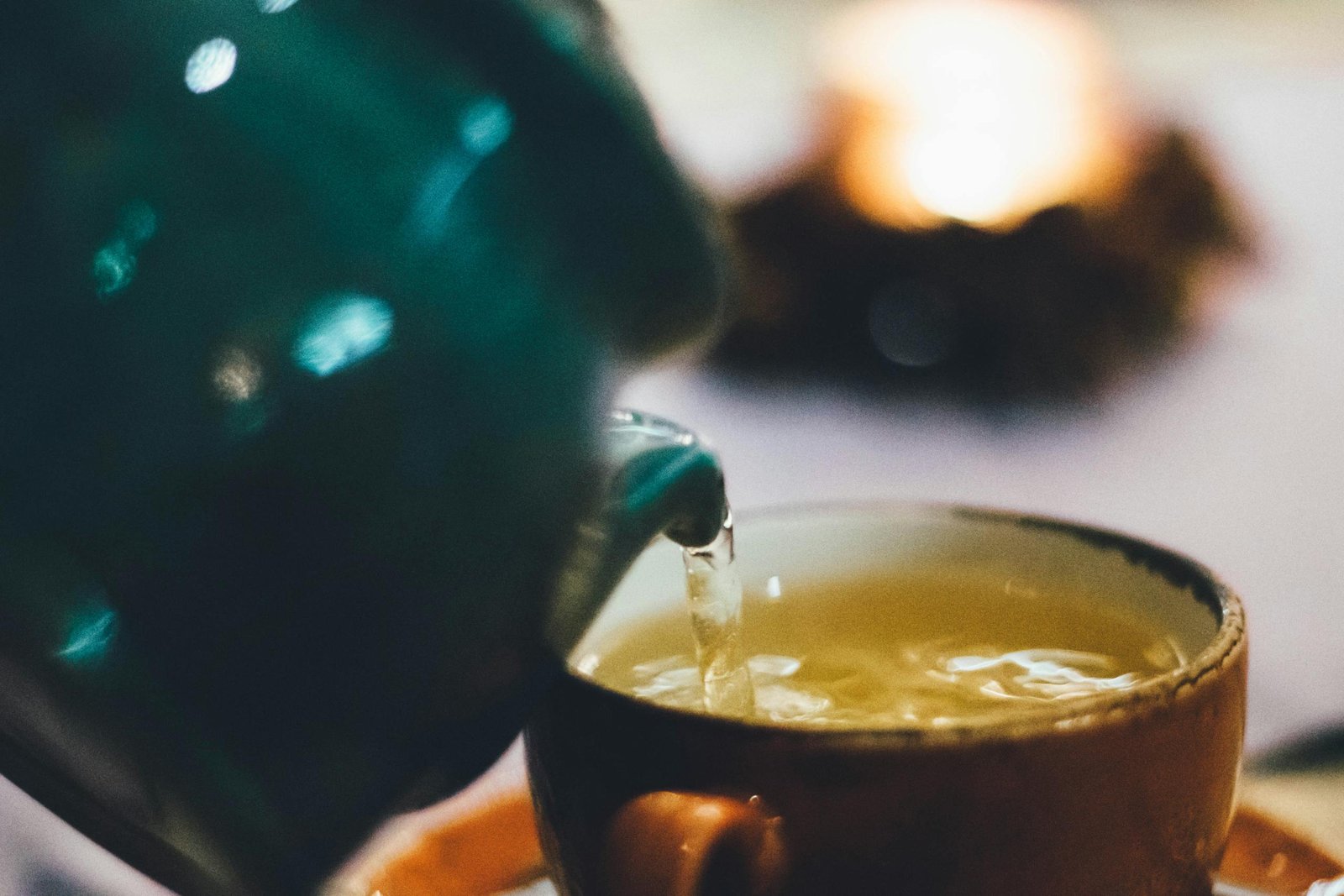
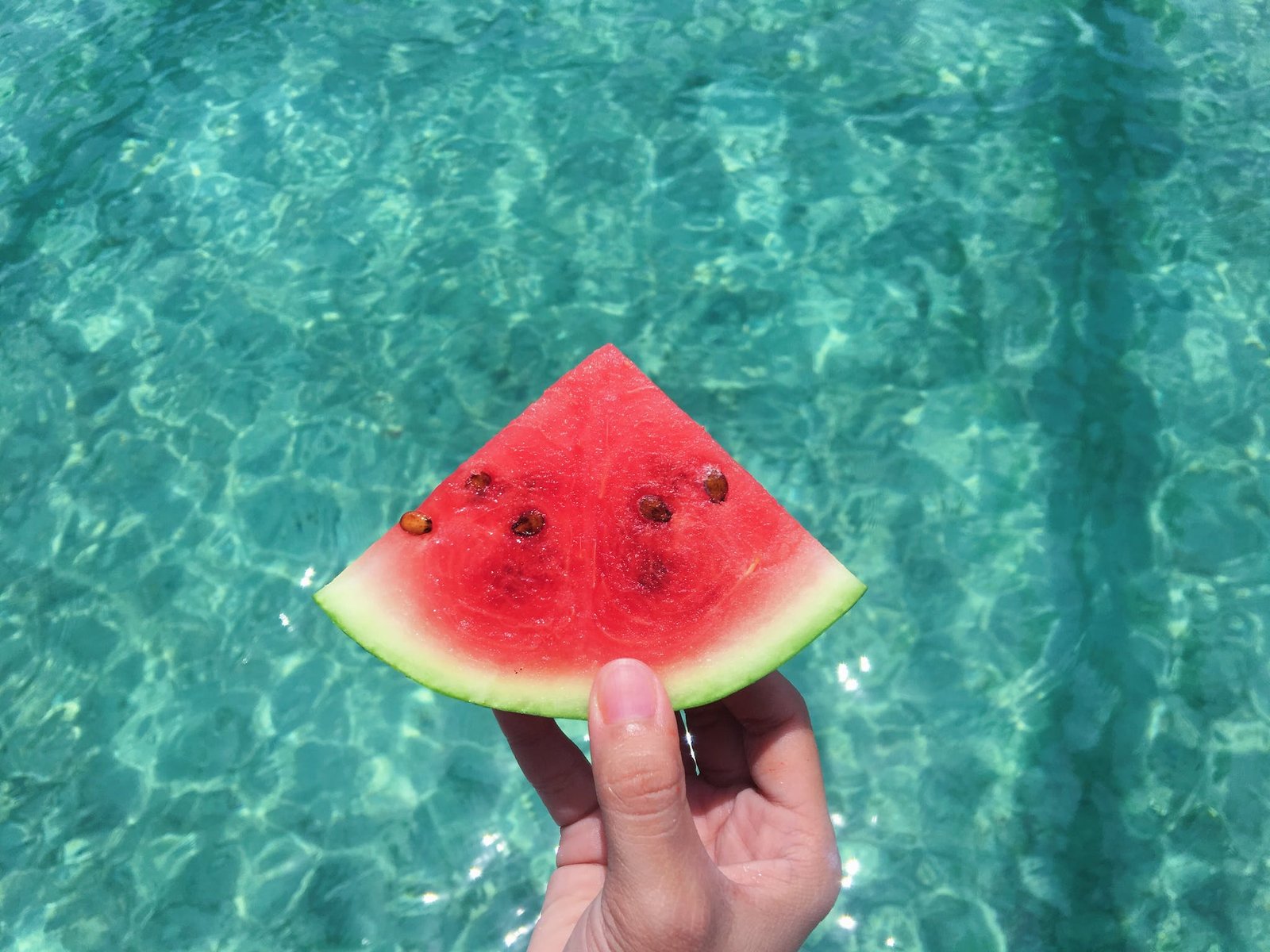

![Can You Bring a Water Bottle on a Plane in 2024? [Updated Guide] 7 Gray Plane Wing](https://hydratehere.com/wp-content/uploads/2024/08/gray-plane-wing-62623-scaled.jpg)
